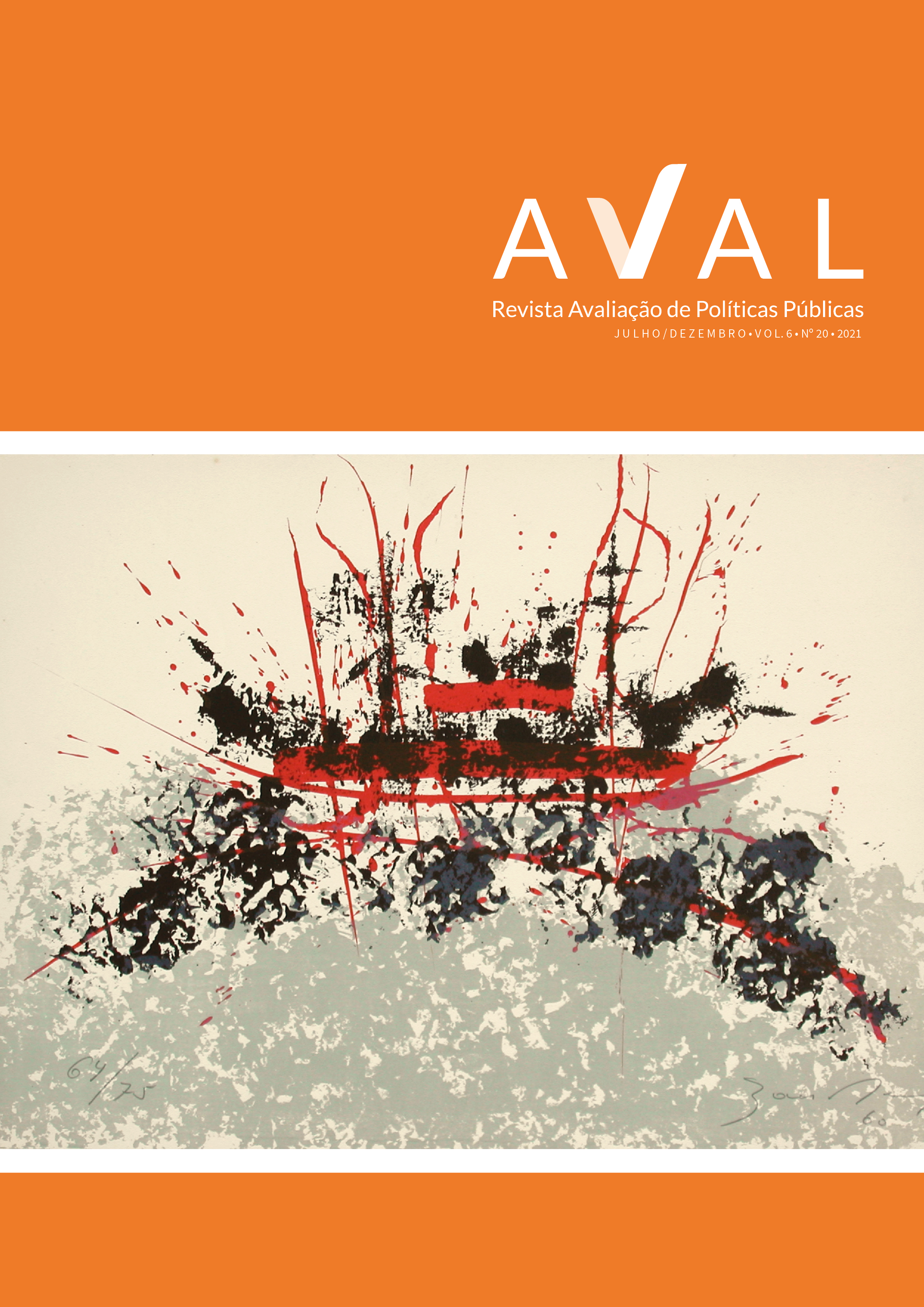Can the subaltern evaluate?
Possibilities of a counter-hegemonic turn as a decolonial option in the field of public policy evaluation
Keywords:
Public policy evaluation, Epistemology, Decolonial studiesAbstract
Considering that the scientific knowledge that makes up the field of Public Policy Evaluation emerges in a modern colonial world-system we question how aspects related to coloniality, subalternity, and racialism are considered or articulated in its development. We aim to locate epistemological, methodological and theoretical-conceptual elements from different perspectives of Public Policy Evaluation from the perspective of counter coloniality and decoloniality operating the signs of race, gender, and nation-state as colonial tools. Methodologically we systematized the field discussing its limits and possibilities within the scope of these phenomena, intending elaborate and support a critique. We conclude that despite pluralist and counter-hegemonic perspectives being developed in an attempt to overcome practices that disregard life in the exercise of policy evaluation, the field still operates with coloniality. Therefore, it is urgent to increase the criticism aimed at updating and developing the field in order to establish the possibility of a decolonial evaluation exercise.


